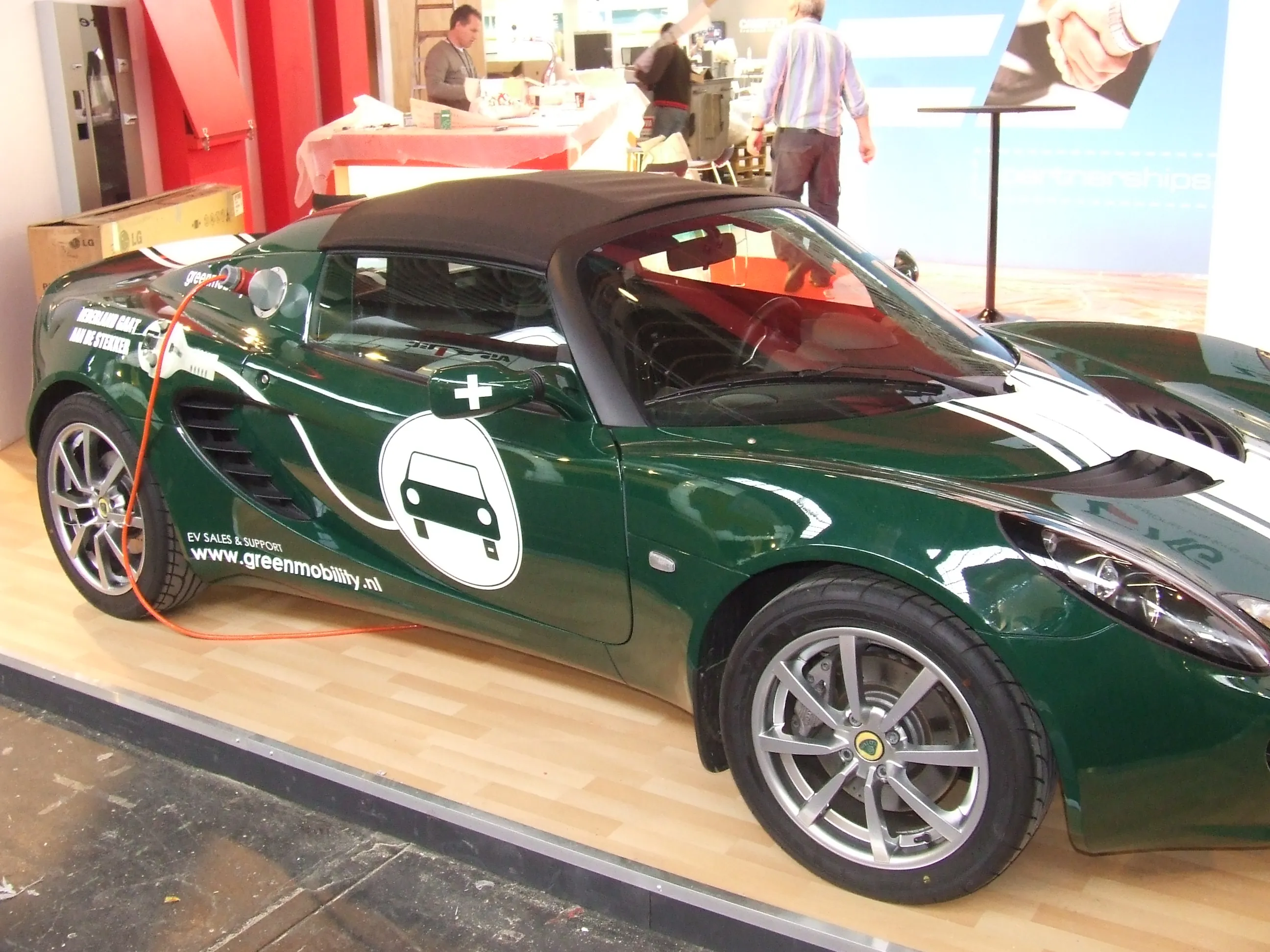A new network of fast-charging stations for electric vehicles is planned for in Ireland and Northern Ireland. EU co-financing is providing over €2 million from its TEN-T Programme to research a comprehensive network of fast charging infrastructure for electric vehicles (EVs) in Ireland and Northern Ireland. The study will have far wider implications too than Ireland and Northern Ireland as it will provide important data policymakers can use when making decisions on the nationwide roll outs of EV infrastruct
December 13, 2012
Read time: 2 mins

A new network of fast-charging stations for electric vehicles is planned for in Ireland and Northern Ireland. EU co-financing is providing over €2 million from its TEN-T Programme to research a comprehensive network of fast charging infrastructure for electric vehicles (EVs) in Ireland and Northern Ireland. The study will have far wider implications too than Ireland and Northern Ireland as it will provide important data policymakers can use when making decisions on the nationwide roll outs of EV infrastructure in all 27 1116 European Union Member States. The project was selected for funding under the 2011 TEN-T Annual Call and involves demonstrating, through studies and pilots, that the electrification of road transport is a viable possibility for the near future. It will also develop an understanding of charging infrastructure and technology requirements. Various aspects related to EV fast charging infrastructure will be analysed, including customer attitudes to fast charging and the requirements for a national fast charging infrastructure and the validation of fast charging technology. It will also study the IT requirements and trial cross-border roaming capability by deploying fast charge points on both side of the border in Ireland and Northern Ireland, along with an IT system that allows cross-border payment and settlement. These specific objectives will be met through the pilots by procuring fast chargers, deploying them along the key routes and monitoring and evaluating usage data. The project will be managed by the 7021 Trans-European Transport Network Executive Agency (TEN-T EA) and is due for completion by September 2014.
%$Linker:2 External <?xml version="1.0" encoding="utf-16"?><dictionary /> 0 0 0 oLinkExternal International Green Electric Highways tentea.ec.europa.eu/ false http://tentea.ec.europa.eu/en/ten-t_projects/ten-t_projects_by_country/multi_country/2011-eu-92145-s.htm false false %>
%$Linker:







